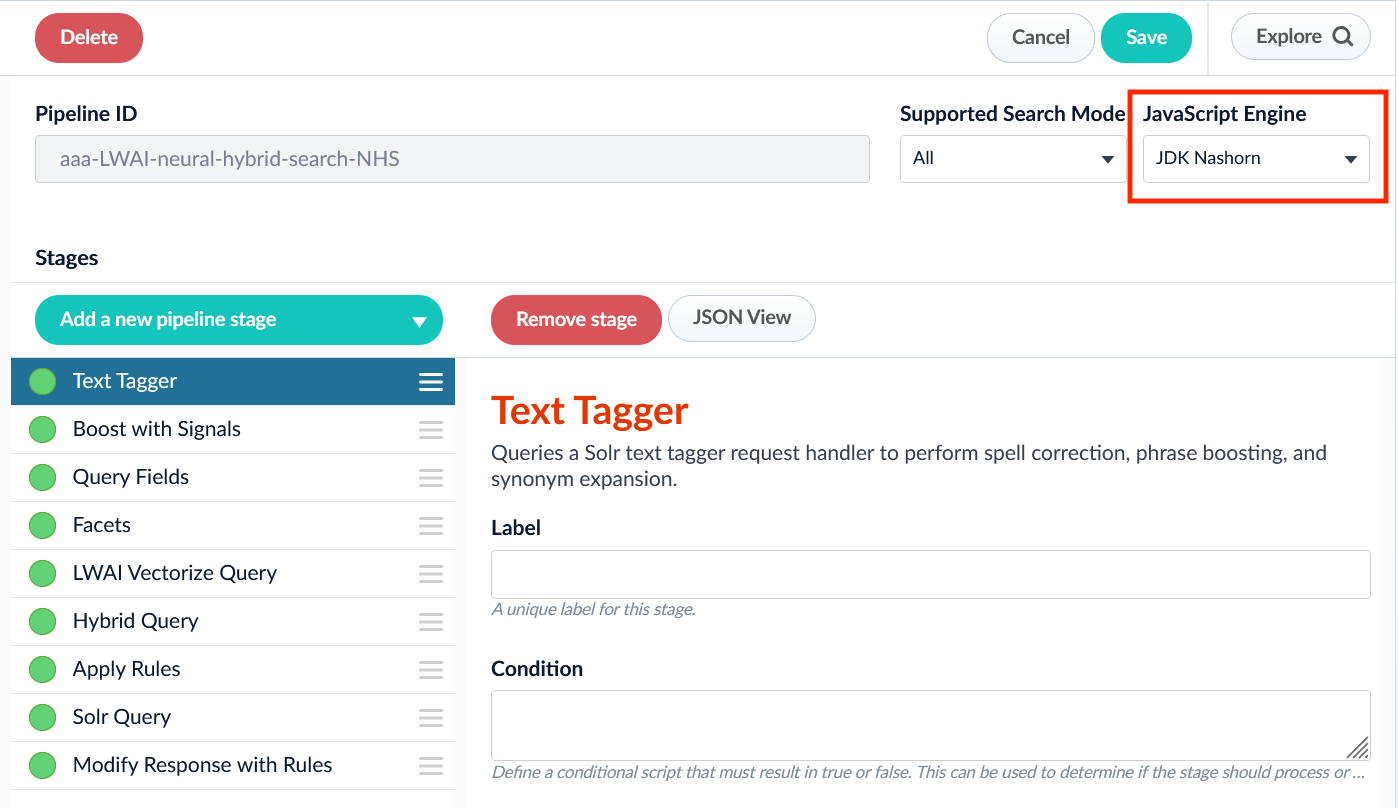/* globals Java, logger*/
(function () {
"use strict";
var Collection = Java.type("java.util.Collection")
var isDebug = false
function logIfDebug(m) { if (isDebug && m) logger.info(m, Array.prototype.slice.call(arguments).slice(1)); }
/**
* @return a boolean indicating whether or not a given object looks like a Java object
*/
function isJavaType(obj) {
return (obj && typeof obj.getClass === 'function' &&
typeof obj.notify === 'function' &&
typeof obj.hashCode === 'function');
};
function isJavaArray(obj) {
return (obj && isJavaType(obj) && getTypeOf(obj).endsWith('[]'));
};
function isJavaCollection(collection) {
return isJavaType(collection) && Collection['class'].isInstance(collection);
};
/**
* Nashorn allows obj.length and obj['property'] and obj.property functionality
* for some object types. This helps discover that fact at runtime
*/
function isArrayLike(obj) {
return isJavaCollection(obj) || Array.isArray(obj) || isJavaArray(obj);
};
/**
* For Java objects, return the simplified version of their classname e.g. 'Format' for a java.text.Format
* because Java naming conventions call for upper case in the first character.
*
* For JavaScript objects, the type will be a lower case string e.g. 'date' for a JavaScript Date.
* Note: Nashorn uses java.lang.String objects instead of JavaScript string objects
*/
function getTypeOf(obj, verbose) {
'use strict';
var typ = 'unknown';
var isJava = isJavaType(obj);
logIfDebug("UTIL getTypeOf:called with verbose: ",verbose);
//test for java objects
if (isJava && verbose) {
typ = obj.getClass().getName();
logIfDebug("UTIL getTypeOf:inverbose block, type:: ",typ);
} else if (isJava) {
typ = obj.getClass().getSimpleName();
} else if (obj === null) {
typ = 'null';
} else if (typeof (obj) === typeof (undefined)) {
typ = 'undefined';
} else if (typeof (obj) === typeof (String())) {
typ = 'string';
} else if (Array.isArray(obj)) {
typ = 'array';
}
else if (Object.prototype.toString.call(obj) === '[object Date]') {
typ = 'date';
} else {
typ = obj ? typeof (obj) : typ;
}
return typ;
};
return function main(request, response, ctx, collection, solrServer, solrServerFactory) {
//output info about the objects passed in
logger.info("request object has type '{}'",getTypeOf(request,true))
//note, response is only valued after the solr query stage
logger.info("response object has type '{}'",getTypeOf(response,true))
logger.info("ctx object has type '{}'",getTypeOf(ctx,true))
logger.info("collection object has type '{}'",getTypeOf(collection,true))
logger.info("solrServer object has type '{}'",getTypeOf(solrServer,true))
logger.info("solrServerFactory object has type '{}'",getTypeOf(solrServerFactory,true))
};
})();
